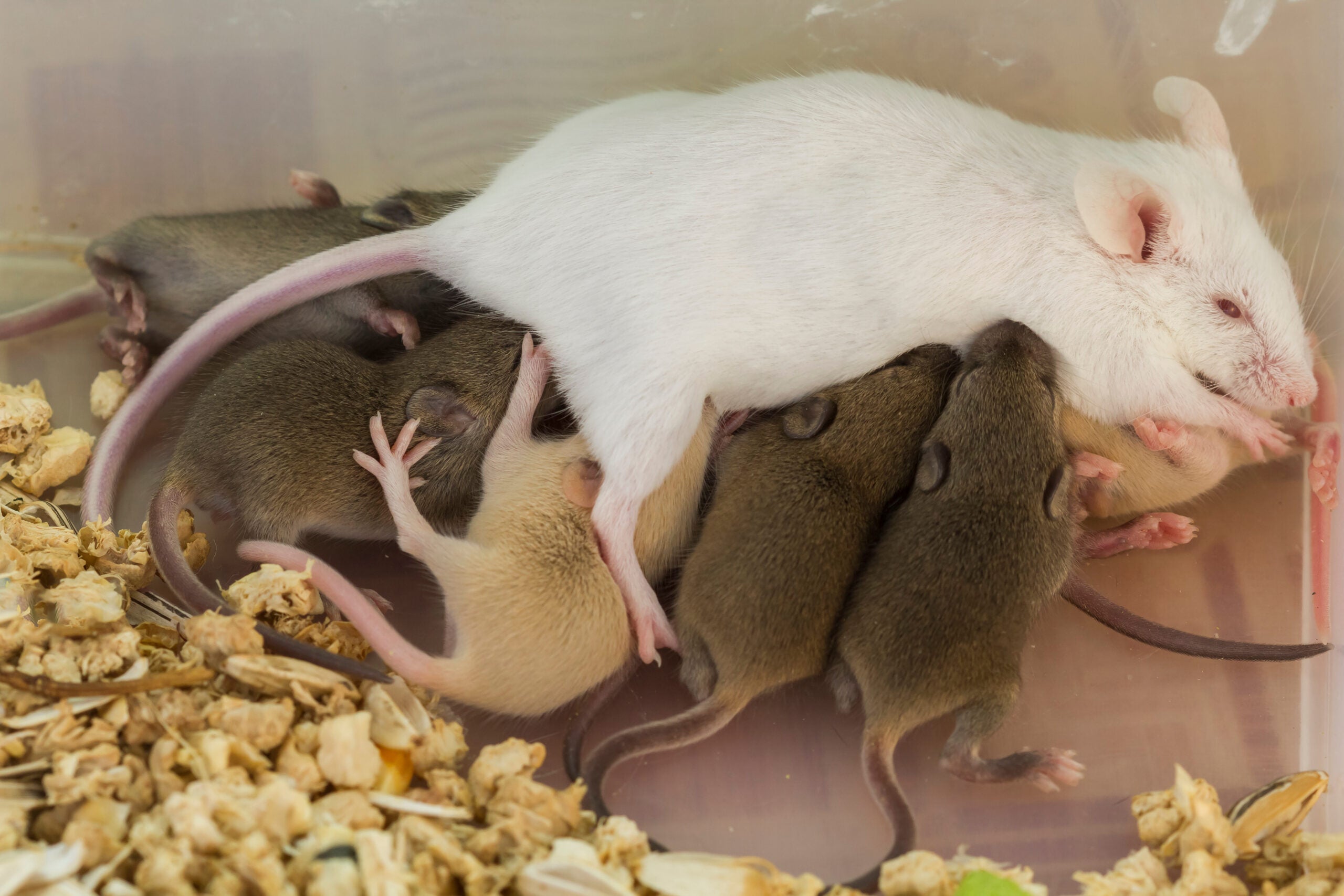Lessons for us all in the passing of a giant: Nobelist Sherwood Rowland
Richard Denison, Ph.D., is a Senior Scientist.
Today’s New York Times logs a passing this past weekend that should be noted by any of us who consider ourselves to be a friend of science and the environment: Dr. Sherwood Rowland, a modest but persistent chemist who, together with his colleague, Mario Molina, discovered that a class of synthetic chemicals — chlorofluorocarbons (CFCs) — widely used at the time as propellants in aerosol cans and as refrigerants were tearing a hole in the ozone layer.
That discovery, reported in a seminal paper published in Nature in 1974, ultimately earned him the Nobel Prize in Chemistry in 1995. In addition to the import of the discovery itself, however, there are several other aspects of this story that for me have considerable resonance in the current debate over chemicals policy.
Rowland found that even minute releases from consumer products of chemicals widely asserted to be wholly “inert” could persist and accumulate so as to cause potentially catastrophic effects at a global scale. It is a case study of the ability of humans, through literally millions of individual decisions and events, to transform the health of the global environment — a huge wake-up call.
Yet this science was treated as virtual heresy at the time. Major efforts were mounted by the chemical and affected consumer products industries to discredit his work; today’s New York Times obituary reports: “One article, in the trade publication Aerosol Age, accused him and Dr. Molina of being K.G.B. agents out to destroy capitalism.” And he was largely shunned by other academic chemists, reportedly receiving not a single invitation to lecture in a university chemistry department for a decade after the Nature paper was published.
Dr. Rowland also believed that the implications of his scientific discovery were so profound as to warrant his advocating for changes in policy. A 1988 article about him in the Los Angeles Times reported that:
Rowland’s wife, Joan, recalls one night in the fall of 1973 when her husband got home late from work. “How’d it go?” she had asked drowsily. “It’s going very well,” he said. “It just means, I think, the end of the world.”
It may well have, had not Rowland and many others taken that science and pressed for national and global action, an effort that led ulitmately to global adoption in 1987 of the Montreal Protocol, which bans virtually all uses of CFCs.
A good and timely reminder that, collectively, human activity even on a small individual scale, can both create health and environmental problems at a global scale, and — with sufficient political will backed by a conviction that science will ultimately prevail — find and implement global solutions.












